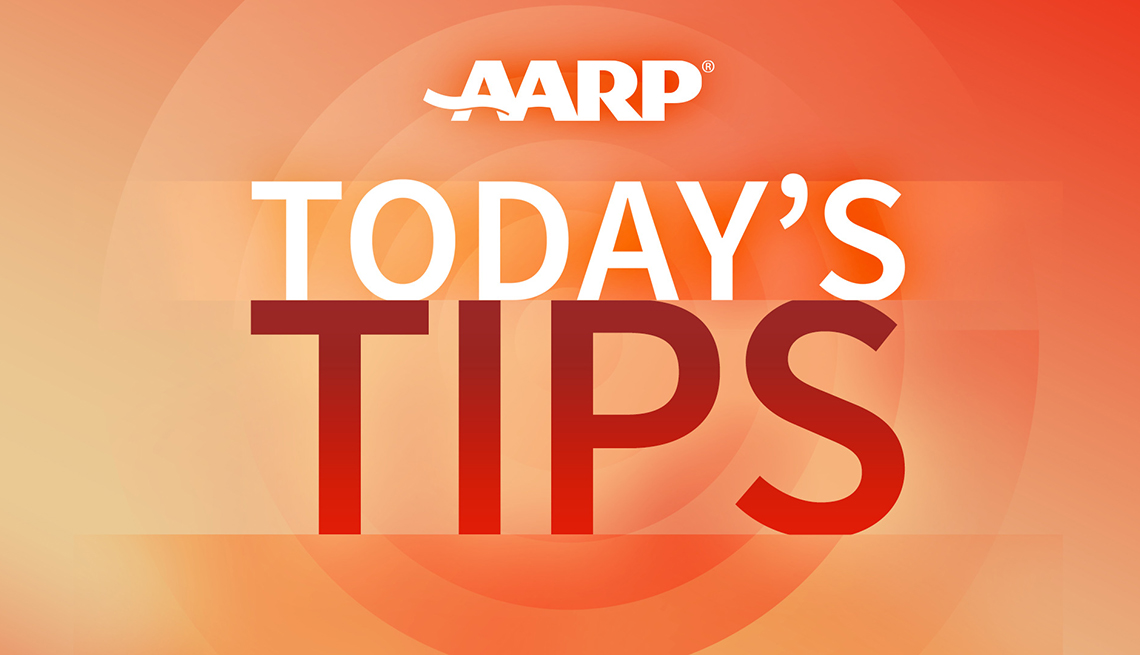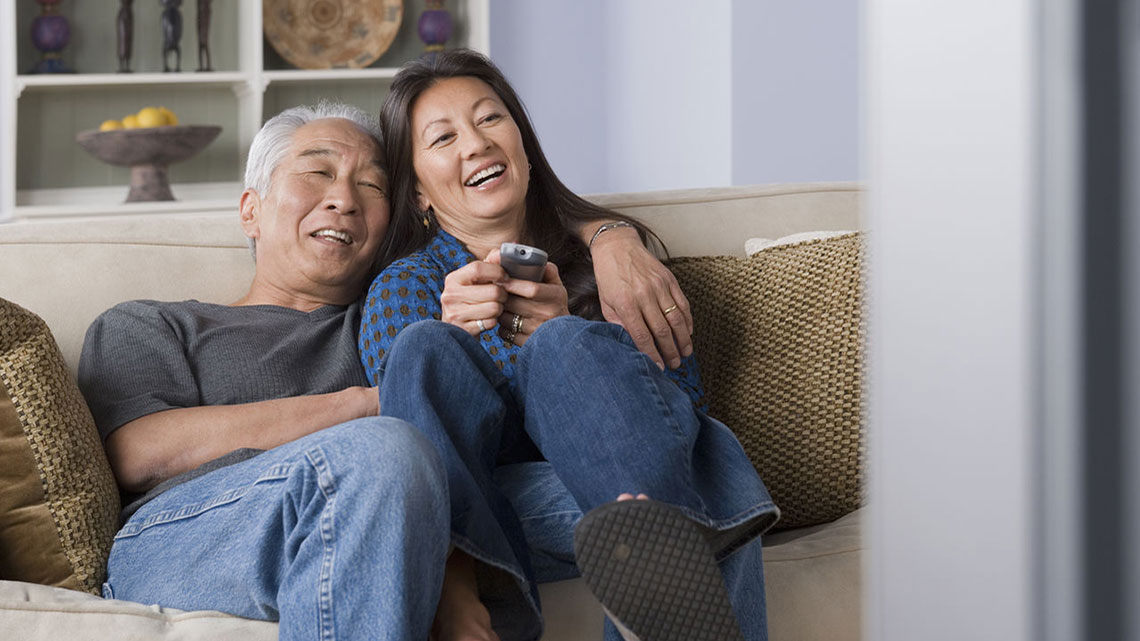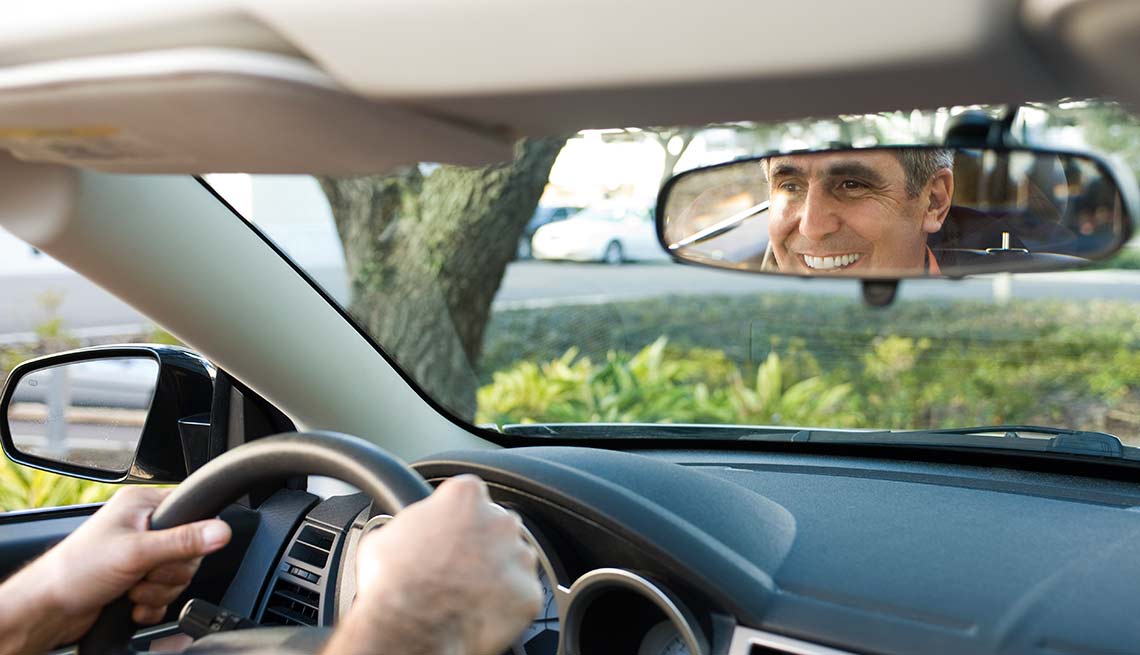Dentist Runs Affinity Fraud Scheme in Austin
A dental clinic chain seems like a good investment until the owner vanishes
The Perfect Scam
Sweepstakes Scam Empties Woman’s Savings
Criminals pose as Publishers Clearing House to steal tens of thousands of dollars
Sisters Help Bring Down a Magazine Telemarketing Scam
After one sister is victimized, they team up to take down a 20-year operation
How to Subscribe and Listen to AARP Podcasts
iPhone or iPad
Amazon Echo or Google Home
Android Phone or Tablet









